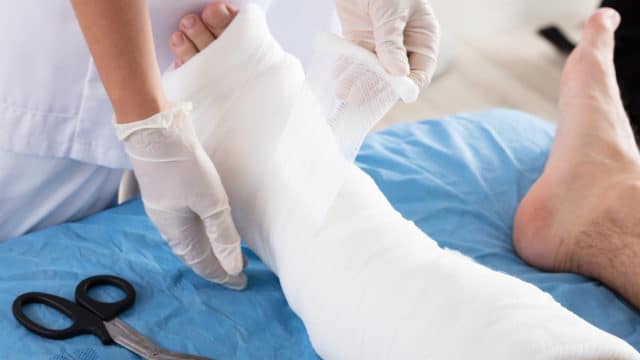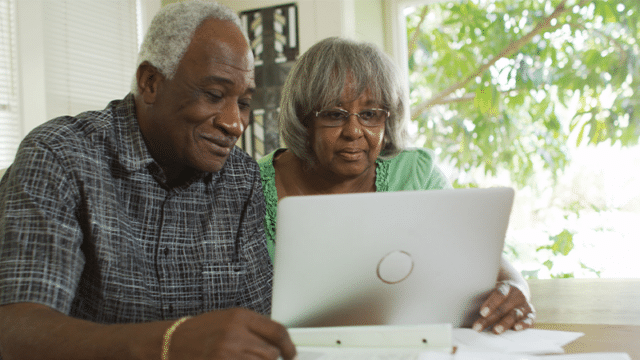Tips to Manage Chronic Wounds During the Holiday Season

If you are living with a chronic wound, it may be challenging to stay on the path to healing during the holidays. The weeks leading up to ringing in the new year can add additional stress that makes it difficult to keep your doctor’s appointments, maintain a healthy diet, and continue wound care treatments.
Nearly 7 million Americans are living with a chronic wound, including 2 million who are living with diabetic foot ulcers (DFUs). A DFU is a wound that occurs on the feet, heels or toes of people living with diabetes. Up to 25% of all adults living with diabetes will experience a foot ulcer at some point. Non-healing DFUs account for 85% of diabetes-related amputations. Healogics research shows that early detection and specialized care from a Wound Care Center® can reduce healing times and the risk of an avoidable amputation.
Make Nutrition a Part of Your Healing Plan.
Whether you are living with a non-healing wound or helping to care for someone who is, it’s important to make nutrition a part of your healing plan. While it is preferable to make a conscious effort to choose healthier options, also consider how much you are putting on your plate. According to the American Diabetes Association, there are several options available to help keep you on the path to staying healthy and suggest your plate be:
- 50 percent vegetables: include lots of non-starchy vegetables
- 25 percent protein: choose lean, minimally processed foods
- 25 percent carbohydrates: minimize added sugars and refined grains
Your doctor may have recommended a specific diet, and it is best to follow their instructions. Proper nutrition to boost your immune system is a common treatment required for all types of wounds. If you have not discussed nutrition yet, be sure to ask for meal plan options at your next visit.
Chronic Wounds Should not be Ignored.
It could be tempting to put off scheduling a new appointment or to miss a planned doctor’s visit due to family activities or winter weather during the busy holiday season. This can be particularly detrimental because our immune system can be weakened by stress, compromising the body’s ability to heal. Delays in treatment can prolong the amount of time it takes to recover.
When it comes to non-healing wounds, this is especially true. Healogics research shows that patients who are seen weekly throughout the entire course of treatment have the highest healing rates. Timely detection and treatment of any wound can prevent amputation and improve quality of life.
Holiday Healthy Living.
To help protect your health this holiday season, we recommend:
- Foot Care – Wash and check both feet daily for sores or blisters and wear properly fitting shoes
- Plan Ahead – Make your healthcare appointments a priority and schedule activities such as visiting, shopping or baking on other days
- Practice Relaxation – Meditation, deep breathing, music and hobbies you enjoy can all reduce stress
- Stay Connected with Friends & Family – Find support from your loved ones
- Eat Well – Have a healthy snack before holiday meals, so you do not overindulge
- Limit Sugar – Sugar increases inflammation in the body that can inhibit healing
- Keep Appointments – Above all else, this is the most important thing you can do to improve your healing rate
You can trust us to help you heal. Our wound care specialists are ready to see you at one of our 600+ Wound Care Centers® across the country. If you or someone you care for has a wound that is not healing, find a center near you today.



